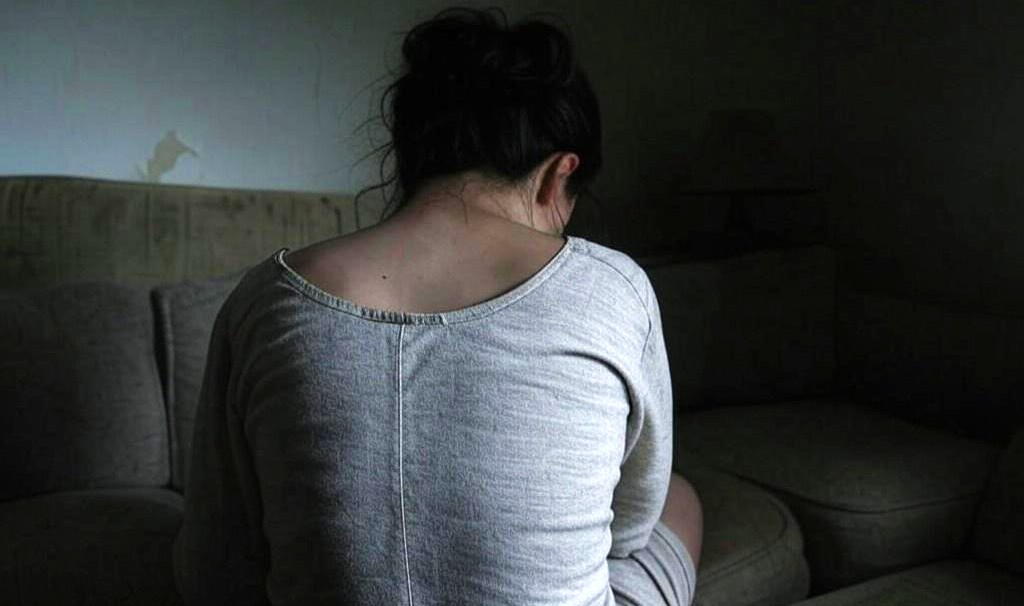We ask you, urgently: don’t scroll past this
Dear readers, Catholic Online was de-platformed by Shopify for our pro-life beliefs. They shut down our Catholic Online, Catholic Online School, Prayer Candles, and Catholic Online Learning Resources—essential faith tools serving over 1.4 million students and millions of families worldwide. Our founders, now in their 70's, just gave their entire life savings to protect this mission. But fewer than 2% of readers donate. If everyone gave just $5, the cost of a coffee, we could rebuild stronger and keep Catholic education free for all. Stand with us in faith. Thank you.Help Now >
Student debt grows; Financial aid application rates rise
FREE Catholic Classes
Capital News Service (MCT) - Already-high student loan rates are going to go up even more because of the bad economy, according to the Project on Student Debt, a group focused on cost-effective education.
Highlights
McClatchy Newspapers (www.mctdirect.com)
11/24/2008 (1 decade ago)
Published in Marriage & Family
"Student debt was a big burden even before this economic downturn," said Edie Irons, communications director for The Project on Student Debt. "With unemployment on the rise ... and wages not keeping up with the costs, it's certainly going to be that much harder for students graduating now to stay afloat."
In total dollars, student loans were up 17 percent over last year. Nationally, almost 1.3 million more FASFA's were submitted, according to the Information for Financial Aid Professionals Library, a government organization.
The nation's credit crunch will likely cause another increase. One-third of parents are slowing college savings because of declining home values and rising unemployment, leaving students with less money, according to a survey by TD Ameritrade Holding Corp., an investment firm.
The United States is losing 200,000 jobs per month, according to Jared Bernstein, an economist at the Economic Policy Institute. Graduates of all degree levels will be 8 percent less likely to be hired compared to last year, according to a study by the Collegiate Employment Research Institute at Michigan University.
With money tight, students are relying on private and federal loans to get them through school, but fear graduation and paying off their debt.
Yael Hartmann, 31, from Bethesda, Md., took out a $60,000 loan for Columbia University's School of International Public Affairs, a master's program.
"I'm worried I'm not going to be able to take a loan out next year because of the financial situation," she said. "Even if I do, my interest rates will go up."
But getting a second loan is just the start of her worries. After graduation, she hopes to get a job at the World Bank.
"It's competitive, especially in my market ... there have been a lot of layoffs," Hartmann said. "I think it's almost better to be in school right now, you can at least stay out of the job market and hope it will get better when you get out. I'm banking on that."
Nina Wu, a third-year student at the University of Maryland Law School in Baltimore, estimates she will have $84,000 of debt by graduation. She wants to work in public juvenile law.
"It will require a lot of sacrifices," she said. "The extreme of it is I might have to move in with my parents."
Wu said her classmates are giving up dream jobs in public service for jobs that pay more. For example, her roommate turned down a family law job because the $37,000 salary wouldn't cover her debt and cost of living.
"Student debt is a deterrent to people taking important, but low-paying, jobs," said Irons. "College is supposed to open doors and expand opportunities for young people to follow their dreams."
(EDITORS: BEGIN OPTIONAL TRIM)
In 2007, Maryland had 55 percent of graduates facing an average debt of $17,243, according to a study by The Project on Student Debt, a group looking at cost-effective education.
(END OPTIONAL TRIM)
Nationally, in 2007, 60 percent of graduates had debt averaging $22,700, according to the College Board.
While 6 percent more students were in debt in 2007, starting salaries rose only 3 percent, according to the Project on Student Debt. Its report also said debt is rising faster than tuition.
The biggest problem is private loans, which have uncapped interest rates and rigid repayment plans.
"Private loans are a terrible tool for promoting college access," said Stephen Burd, a senior fellow at the New America Foundation, a group dedicated to fixing challenges for the next generation.
Federal loans are capped so "borrowers can only get into so much debt," Burd said. But private loans aren't guaranteed by the government and have fewer protections.
Universities often add private loans automatically to aid plans to cover unmet need, Irons said. Meanwhile, crushed by debt, graduates may face a harsh reality of bad credit reports and lower wages.
"There have been studies showing people with heavy loads of student debt are buying homes less, people are going to grad school less ... they put off having families," Burd said.
The credit crunch may provide a silver lining to financial aid. Students will have to choose affordable schools, and colleges may reconsider raising tuition.
"Colleges are being forced to help students afford to attend," Burd said. "If colleges are serious about helping these students, they should shift money they currently spend on merit aid to need-based financial aid so that students who truly need help get it."
___
© 2008, Capital News Service.
Join the Movement
When you sign up below, you don't just join an email list - you're joining an entire movement for Free world class Catholic education.
-

-
Mysteries of the Rosary
-
St. Faustina Kowalska
-
Litany of the Blessed Virgin Mary
-
Saint of the Day for Wednesday, Oct 4th, 2023
-
Popular Saints
-
St. Francis of Assisi
-
Bible
-
Female / Women Saints
-
7 Morning Prayers you need to get your day started with God
-
Litany of the Blessed Virgin Mary
A Future for Life: Introducing the Winners of the Priests for Life Pro-Life Essay Contest
-

Reflections on Pope Francis' 2025 World Day of Peace message
-

Exposing the Dark Reality of Sex Trafficking
-
Trump's Bold Geopolitical Moves: A Call for Reflection from a Catholic Perspective
-
Pope Francis Calls for Action Against Child Exploitation and Abuse
Daily Catholic
 Daily Readings for Thursday, January 09, 2025
Daily Readings for Thursday, January 09, 2025 St. Adrian, Abbot: Saint of the Day for Thursday, January 09, 2025
St. Adrian, Abbot: Saint of the Day for Thursday, January 09, 2025 Prayer for a Blessing on the New Year: Prayer of the Day for Tuesday, December 31, 2024
Prayer for a Blessing on the New Year: Prayer of the Day for Tuesday, December 31, 2024- Daily Readings for Wednesday, January 08, 2025
- St. Thorfinn: Saint of the Day for Wednesday, January 08, 2025
- St. Theresa of the Child Jesus: Prayer of the Day for Monday, December 30, 2024
![]()
Copyright 2024 Catholic Online. All materials contained on this site, whether written, audible or visual are the exclusive property of Catholic Online and are protected under U.S. and International copyright laws, © Copyright 2024 Catholic Online. Any unauthorized use, without prior written consent of Catholic Online is strictly forbidden and prohibited.
Catholic Online is a Project of Your Catholic Voice Foundation, a Not-for-Profit Corporation. Your Catholic Voice Foundation has been granted a recognition of tax exemption under Section 501(c)(3) of the Internal Revenue Code. Federal Tax Identification Number: 81-0596847. Your gift is tax-deductible as allowed by law.






 Daily Readings for Thursday, January 09, 2025
Daily Readings for Thursday, January 09, 2025 St. Adrian, Abbot: Saint of the Day for Thursday, January 09, 2025
St. Adrian, Abbot: Saint of the Day for Thursday, January 09, 2025 Prayer for a Blessing on the New Year: Prayer of the Day for Tuesday, December 31, 2024
Prayer for a Blessing on the New Year: Prayer of the Day for Tuesday, December 31, 2024


